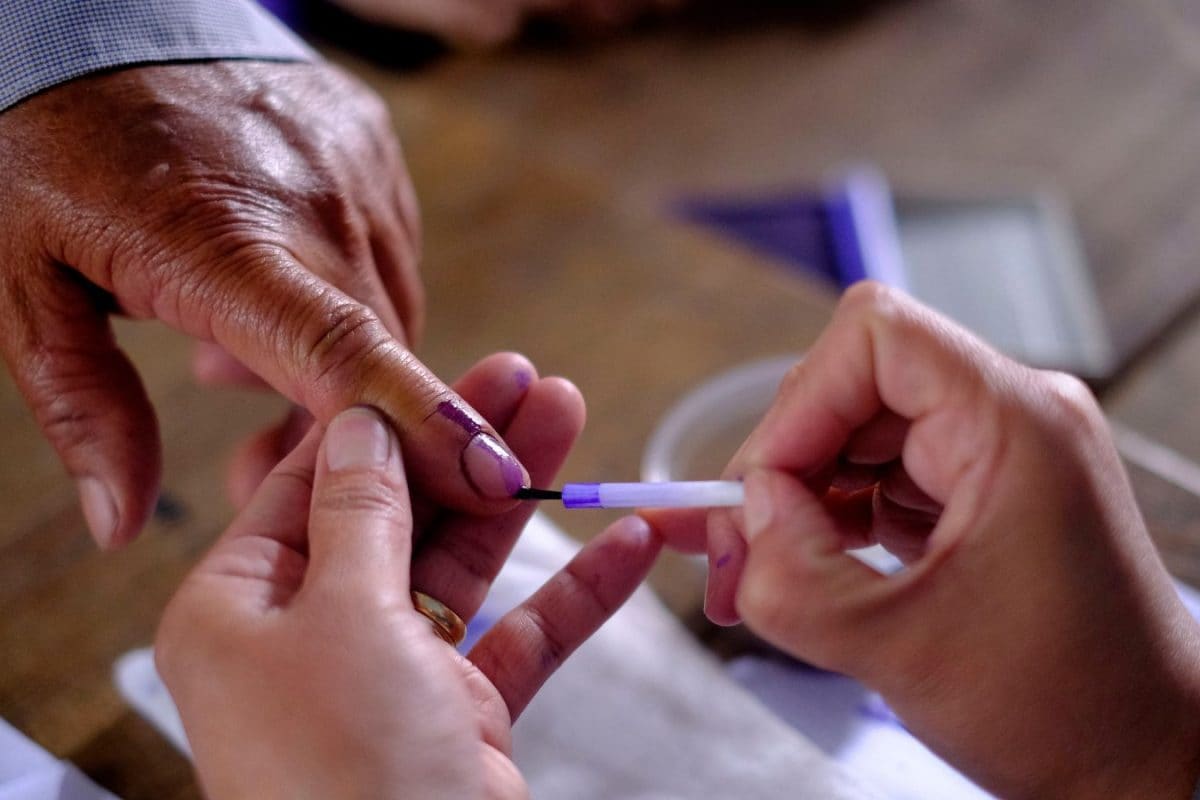

The political atmosphere in Bihar is heating up as opposition parties escalate their challenge to the Election Commission of India's (ECI) Special Intensive Revision (SIR) of electoral rolls, just months before the state assembly elections. The Rashtriya Janata Dal (RJD), along with other parties and individuals, has moved the Supreme Court, alleging that the revision process is unconstitutional and could disenfranchise millions of voters, particularly those from marginalized communities.
The ECI initiated the SIR on June 24, 2025, with the stated aim of removing ineligible names and ensuring that only eligible citizens are included in the electoral rolls. The commission has cited reasons such as rapid urbanization, migration, and the need to update voter eligibility as the basis for the revision. Under the SIR, approximately 2.93 crore voters whose names are not recorded in the 2003 electoral rolls are required to submit documents to prove their eligibility.
The opposition parties argue that the SIR imposes unreasonable documentation requirements, especially on the poor, migrants, and minorities, many of whom may lack the necessary documents. RJD spokesperson Chitranjan Gagan claimed the SIR is a conspiracy to deprive Dalits, backward classes, extremely backward classes, and minorities of their right to vote. Concerns have also been raised about the short timeline for submitting documents and the potential for large-scale disenfranchisement.
Adding to the controversy, an advertisement by the Bihar Chief Electoral Officer (CEO) created confusion by suggesting that voters could submit enumeration forms now and provide the required documents later. This prompted the ECI to issue a clarification stating that the SIR is being conducted as per the instructions issued on June 24, 2025, and there has been no change in those instructions. The ECI has however eased rules for Bihar voters, stating that voters can now submit forms without required documents initially.
Despite the opposition's concerns, the ECI maintains that the revision process is being implemented smoothly and in accordance with constitutional provisions. Chief Election Commissioner Gyanesh Kumar defended the SIR, stating that all recognized political parties were invited for interaction on the matter and that "no one was satisfied with the current status of electoral rolls for one reason or the other". The ECI has also emphasized that it has a constitutional obligation to ensure that only citizens are included in the electoral roll. The poll body has also elaborated on the process being undertaken as part of the SIR exercise, which includes house-to-house visits, taking live photographs and assisting electors with form submissions.
As the controversy intensifies, the Supreme Court is now set to examine the legality and constitutionality of the ECI's order. The outcome of this legal challenge could have significant implications for the upcoming Bihar assembly elections and the voting rights of millions of residents.
The ECI has announced that the initial phase of the SIR has been completed, with the printing and distribution of enumeration forms nearly finished. As of July 6, 2025, 1,69,49,208 forms, accounting for 21.46% of Bihar's 7.90 crore enrolled voters, had been collected. The deadline for submitting enumeration forms is July 25, 2025, and the draft electoral roll is scheduled to be published on August 1, 2025.